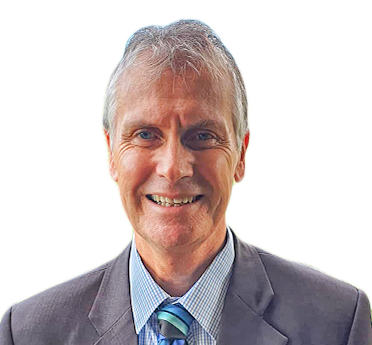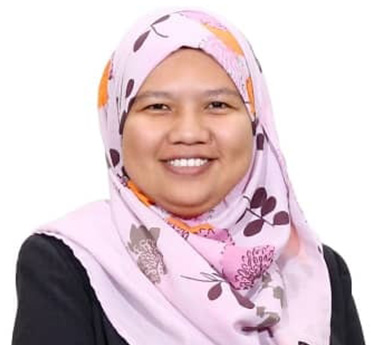
Corporate sustainability is a strategic approach to long-term material risks and opportunities within our business. It involves a comprehensive process of formulating, implementing, monitoring, reviewing and communicating our strategy and performance, focusing on topics material to us and our stakeholders. We are working to manage the economic, environmental and social aspects of our business to deliver positive value to our stakeholders and the environment. We take it one step further by integrating our operational, environmental and social indicators to monitor our performance more holistically. This provides guidance for our management to make a better and informed decision in sustaining business resilience.
OUR MATERIALITY MATRIX
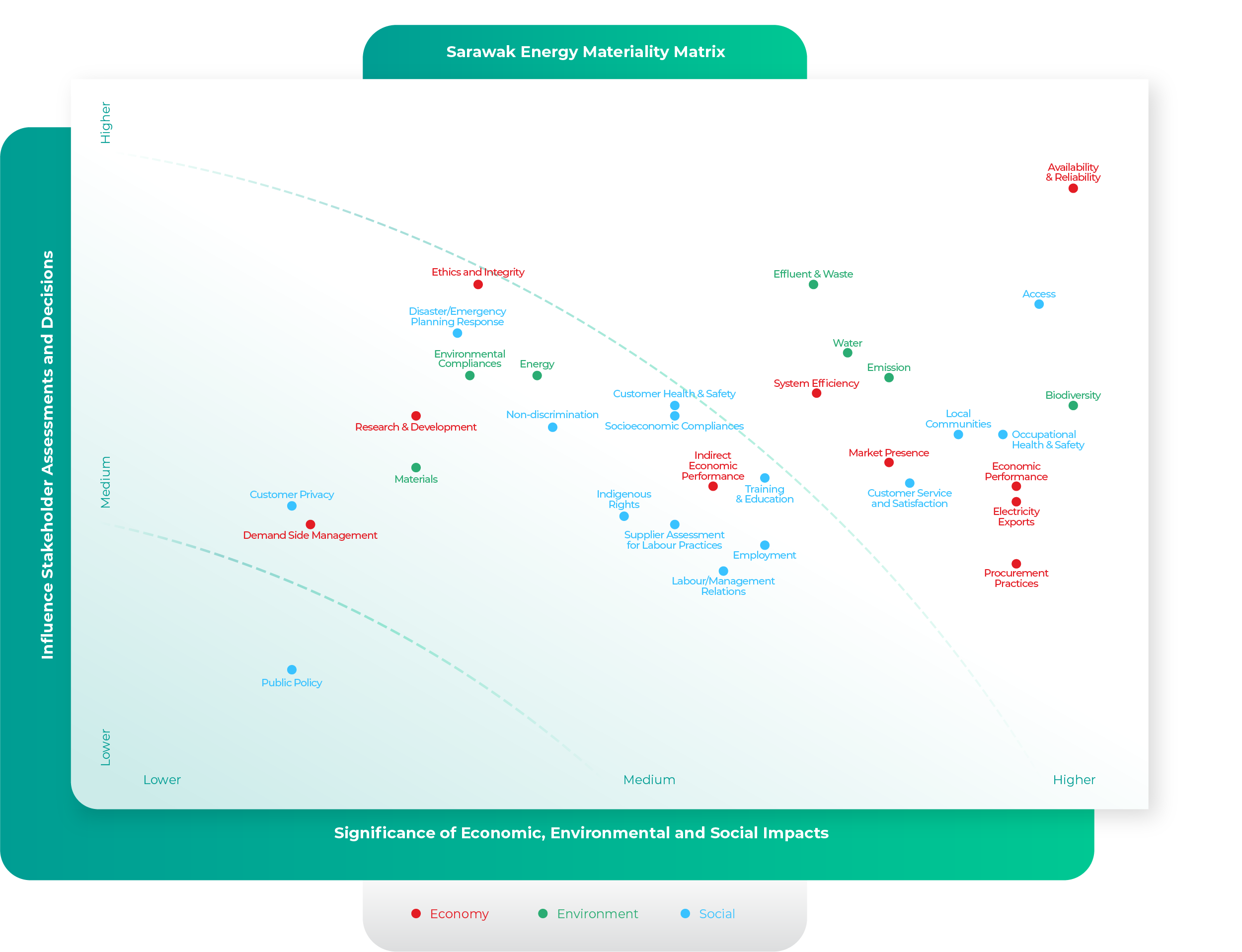
These 32 materiality topics were derived from a wide range of sources. They were validated and prioritised based on their influence and impacts on Sarawak Energy’s stakeholder decision, and economic, environmental and social impacts. These topics were approved by our Group Executive Committee (GEC) in the context of sustainability drivers, stakeholder interests and business strategy.
Our Sustainability Performance
We have been harnessing renewable energy to support growth, in alignment with national economic policies while contributing to global agendas such as the UN Sustainable Development Goals (SDG). We have prioritised and internalised SDG within our business, and our contributions are measured up to operational level.
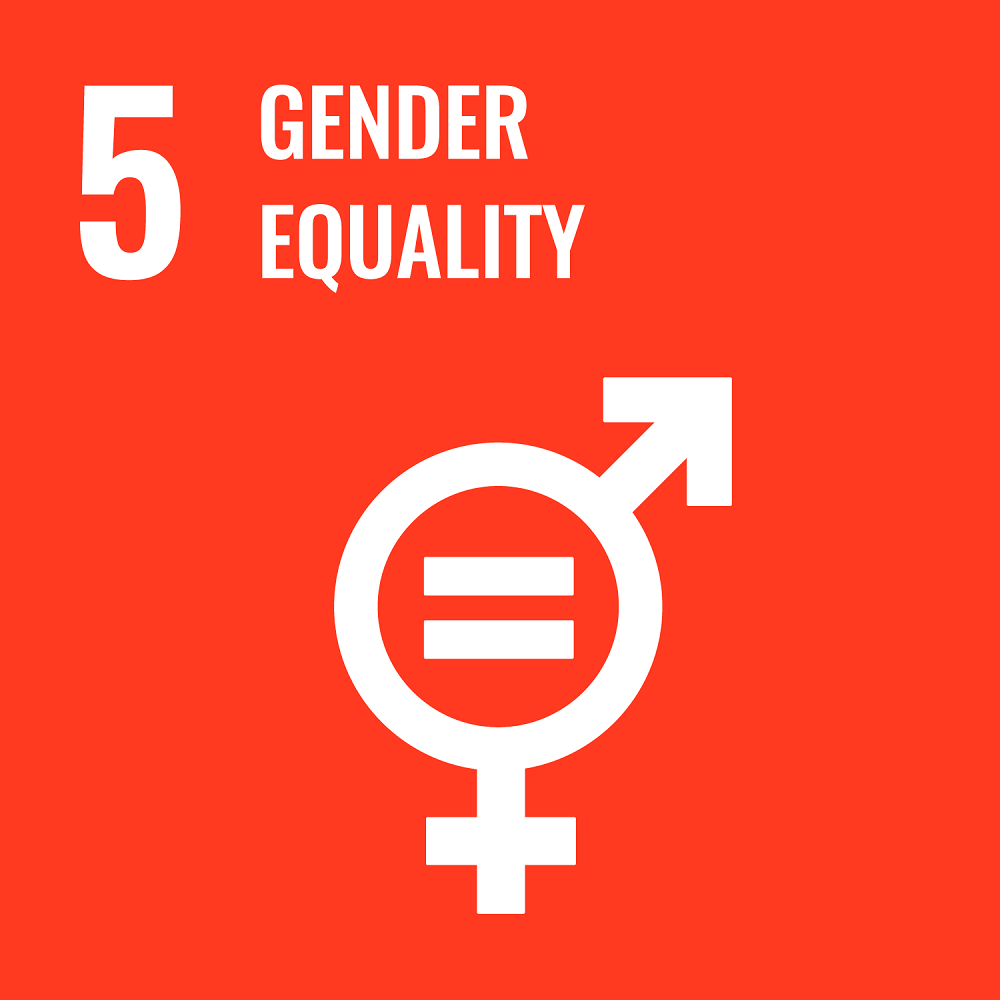
SDG #05 Targets:
- End all forms of discrimination against all women and girls everywhere.
- Eliminate all forms of violence against all women and girls in the public and private spheres, including trafficking and sexual and other types of exploitation.
- Eliminate all harmful practices, such as child, early and forced marriage and female genital mutilation.
- Recognize and value unpaid care and domestic work through the provision of public services, infrastructure and social protection policies and the promotion of shared responsibility within the household and the family as nationally appropriate.
- Ensure women’s full and effective participation and equal opportunities for leadership at all levels of decision-making in political, economic and public life.
- Enhance the use of enabling technology, in particular information and communications technology, to promote the empowerment of women.
- Adopt and strengthen sound policies and enforceable legislation for the promotion of gender equality and the empowerment of all women and girls at all levels.
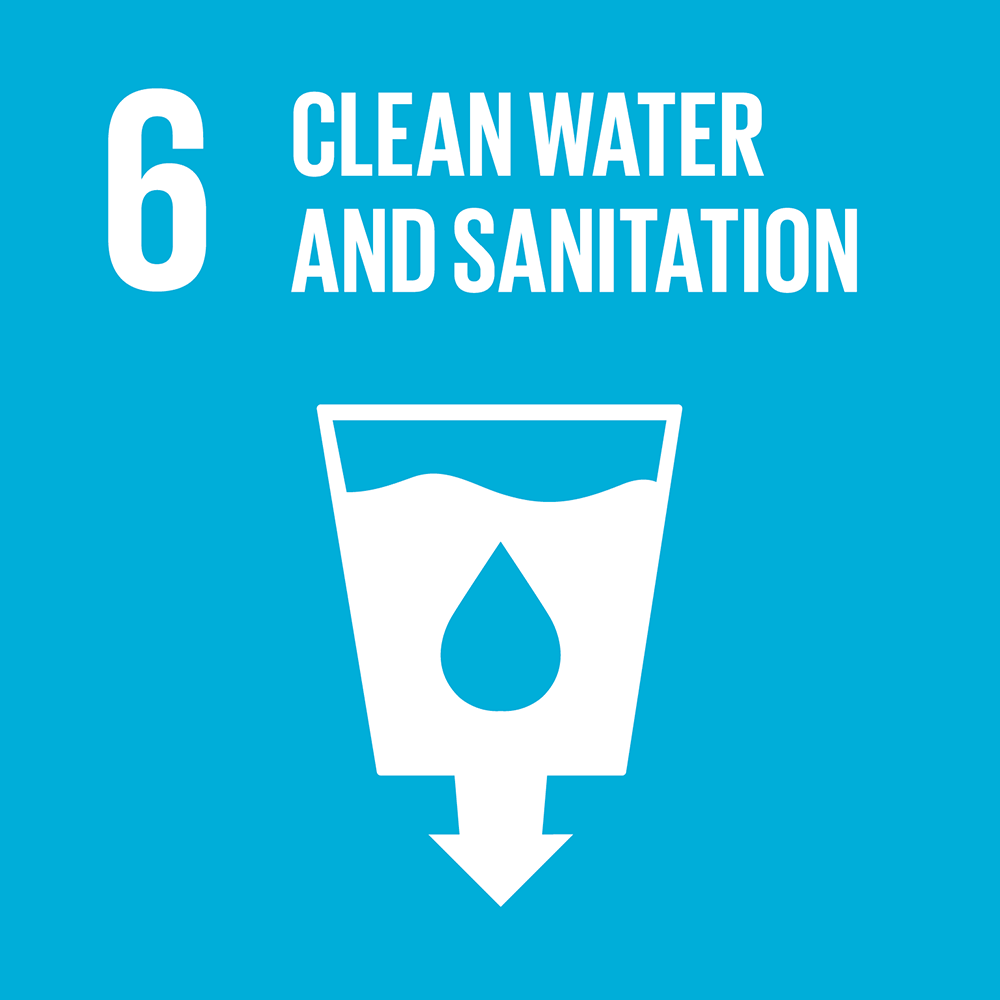
SDG #06 Targets:
- By 2030, substantially increase water-use efficiency and ensure sustainable withdrawals and supply of freshwater to address water scarcity.
- By 2030, implement integrated water resource management.
- By 2020, protect and restore water-related ecosystems, including mountains, forests, wetlands, rivers, aquifers, and lakes.
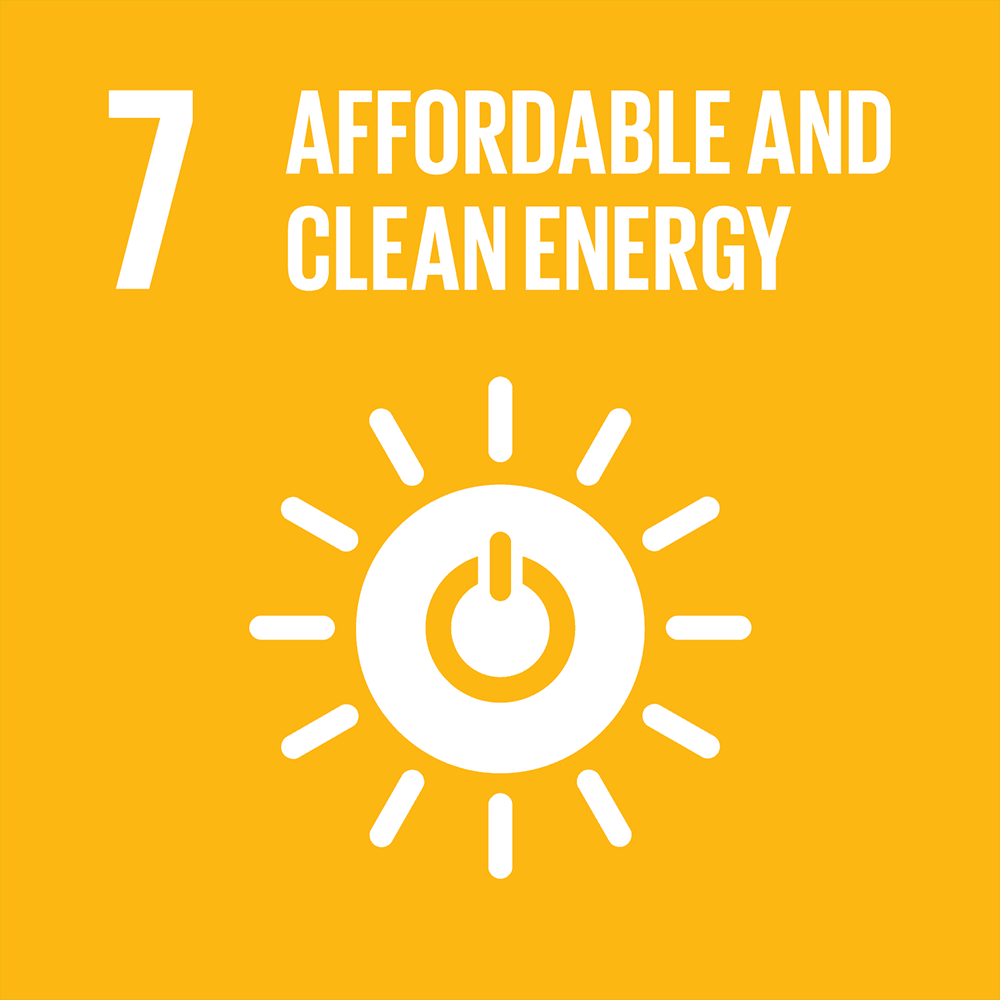
SDG #07 Targets:
- By 2030, ensure universal access to affordable, reliable and modern energy services.
- By 2030, increase substantially the share of renewable energy in the global energy mix.
- By 2030, double the global rate of improvement in energy efficiency.
- By 2030, enhance international cooperation to facilitate access to clean energy research and technology.
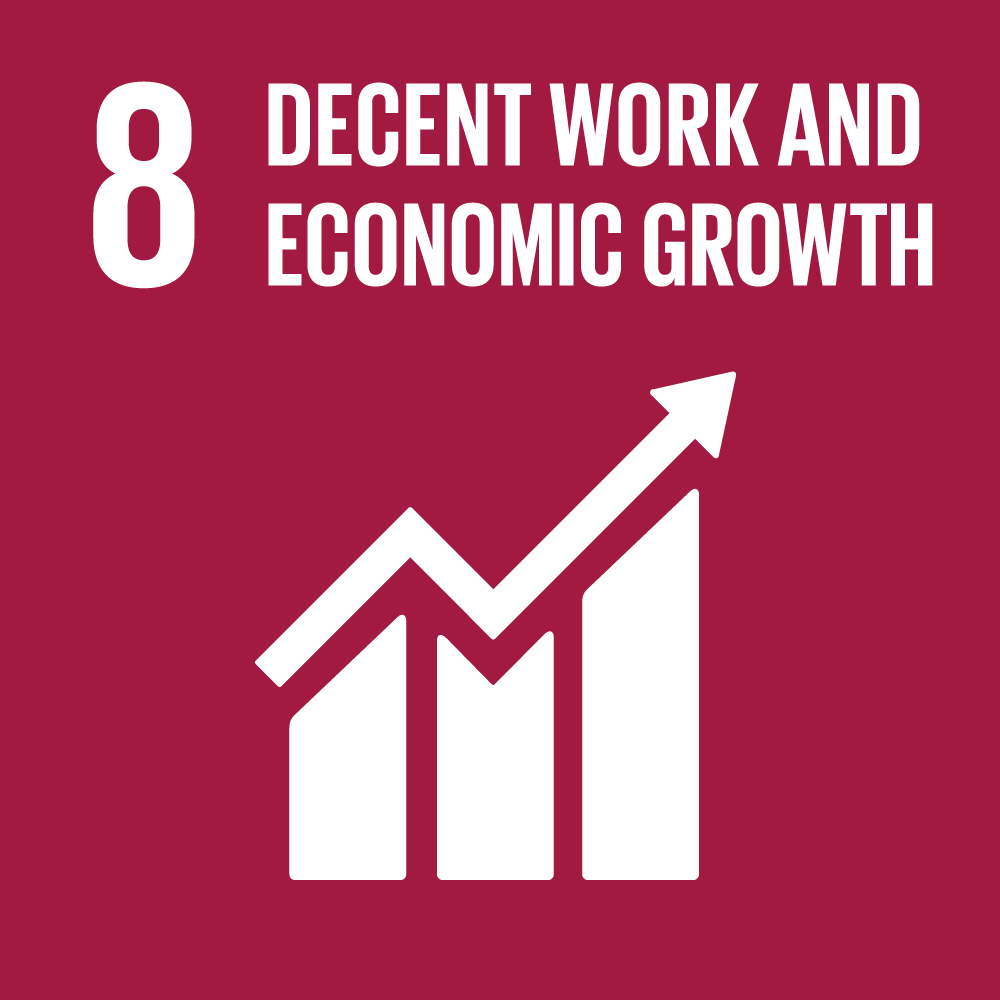
SDG #08 Targets:
- Achieve higher levels of economic productivity.
- Support productive activities, decent job creation, entrepreneurship, creativity and innovation and encourage the formalisation and growth of micro-, small-, and medium-sized enterprises.
- By 2030, achieve full and productive employment and decent work for all women and men, including for young people and person with disabilities and equal pay for work of equal value.
- By 2030, substantially reduce the proportion of youth not in employment, education or training.
- Take immediate and effective measures to eradicate forced labour, end modern slavery and human trafficking and secure the prohibition and elimination of child labour.
- Protect labour rights and promote safe and secure working environments for all workers.
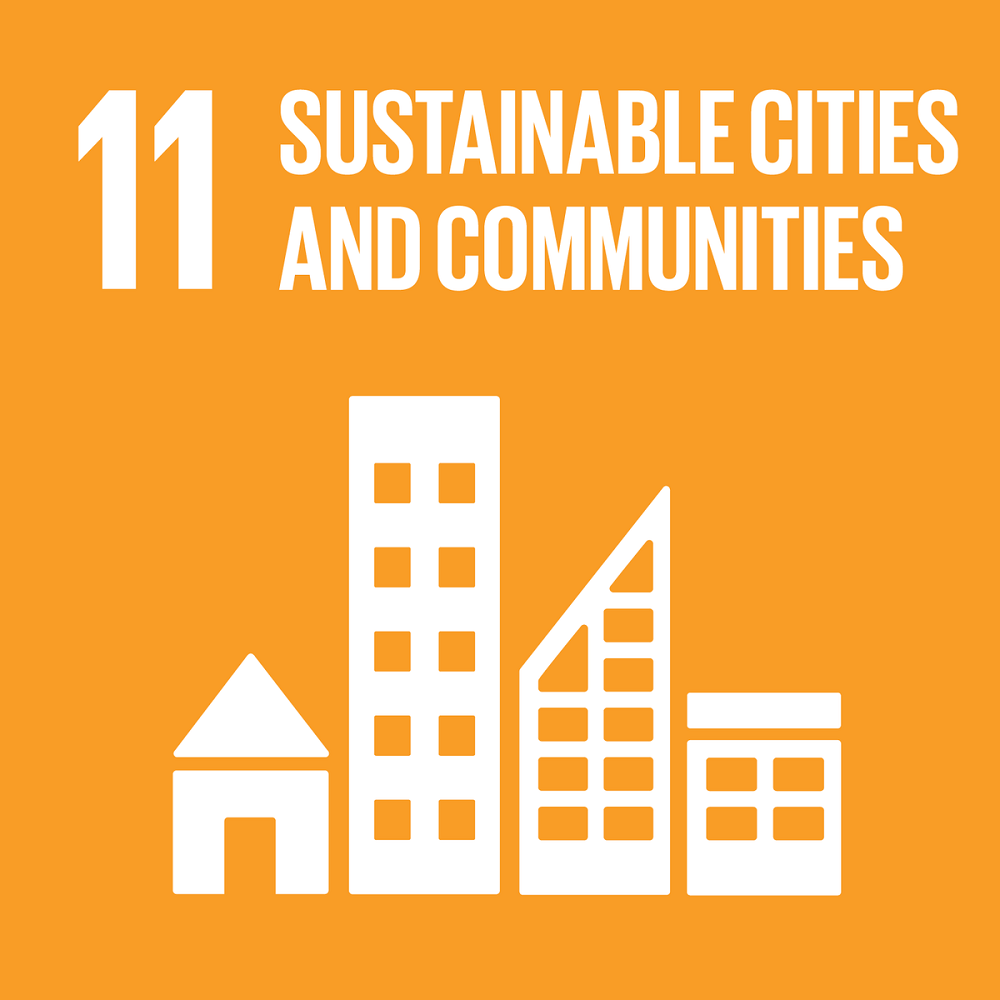
SDG #11 Targets:
- By 2030, ensure access for all to adequate, safe and affordable housing and basic services and upgrade slums.
- By 2030, enhance inclusive and sustainable urbanization and capacity for participatory, integrated and sustainable human settlement planning and management in all countries.
- Strengthen efforts to protect and safeguard the world’s cultural and natural heritage.
- By 2030, significantly reduce the number of deaths and the number of people affected and substantially decrease the direct economic losses relative to global gross domestic product caused by disasters, including water-related disasters, with a focus on protecting the poor and people in vulnerable situations.
- By 2030, reduce the adverse per capita environmental impact of cities, including by paying special attention to air quality and municipal and other waste management.
- Support positive economic, social and environmental links between urban, peri-urban and rural areas by strengthening national and regional development planning.
- By 2020, substantially increase the number of cities and human settlements adopting and implementing integrated policies and plans towards inclusion, resource efficiency, mitigation and adaptation to climate change, resilience to disasters, and develop and implement, in line with the Sendai Framework for Disaster Risk Reduction 2015-2030, holistic disaster risk management at all levels.

SDG #13 Targets:
- Strengthen resilience and adaptive capacity to climate-related hazards and natural disasters.
- Improve education, awareness-raising and human and institutional capacity on climate change mitigation, adaptation, impact reduction, and early warning.

SDG #15 Targets:
- By 2020, promote the implementation of sustainable management of all types of forests, halt deforestation, restore degraded forests and increase afforestation and reforestation.
- By 2020, ensure the conservation, restoration and sustainable use of terrestrial and inland freshwater ecosystems and their services, in particular forests, wetlands, mountains, and drylands.
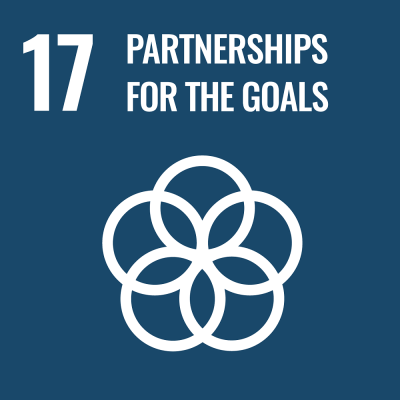
SDG #17 Targets:
- Strengthen domestic resource mobilization, including through international support to developing countries, to improve domestic capacity for tax and other revenue collection.
- Enhance North-South, South-South and triangular regional and international cooperation on and access to science, technology and innovation and enhance knowledge sharing on mutually agreed terms, including through improved coordination among existing mechanisms, in particular at the United Nations level, and through a global technology facilitation mechanism.
- Promote the development, transfer, dissemination and diffusion of environmentally sound technologies to developing countries on favourable terms, including on concessional and preferential terms, as mutually agreed.
- Enhance international support for implementing effective and targeted capacity-building in developing countries to support national plans to implement all the Sustainable Development Goals, including through North-South, South-South and triangular cooperation.
- Enhance global macroeconomic stability, including through policy coordination and policy coherence.
- Enhance policy coherence for sustainable development.
- Respect each country’s policy space and leadership to establish and implement policies for poverty eradication and sustainable development.
- Enhance the Global Partnership for Sustainable Development, complemented by multi-stakeholder partnerships that mobilize and share knowledge, expertise, technology and financial resources, to support the achievement of the Sustainable Development Goals in all countries, in particular developing countries.
- Encourage and promote effective public, public-private and civil society partnerships, building on the experience and resourcing strategies of partnerships.
- By 2030, build on existing initiatives to develop measurements of progress on sustainable development that complement gross domestic product, and support statistical capacity-building in developing countries.













